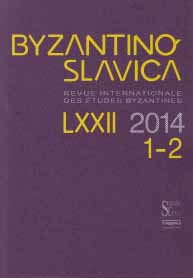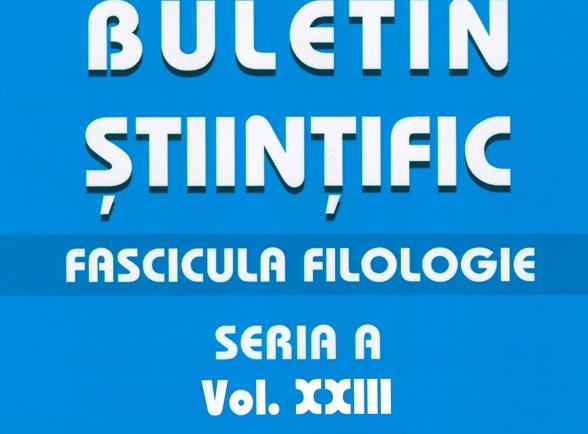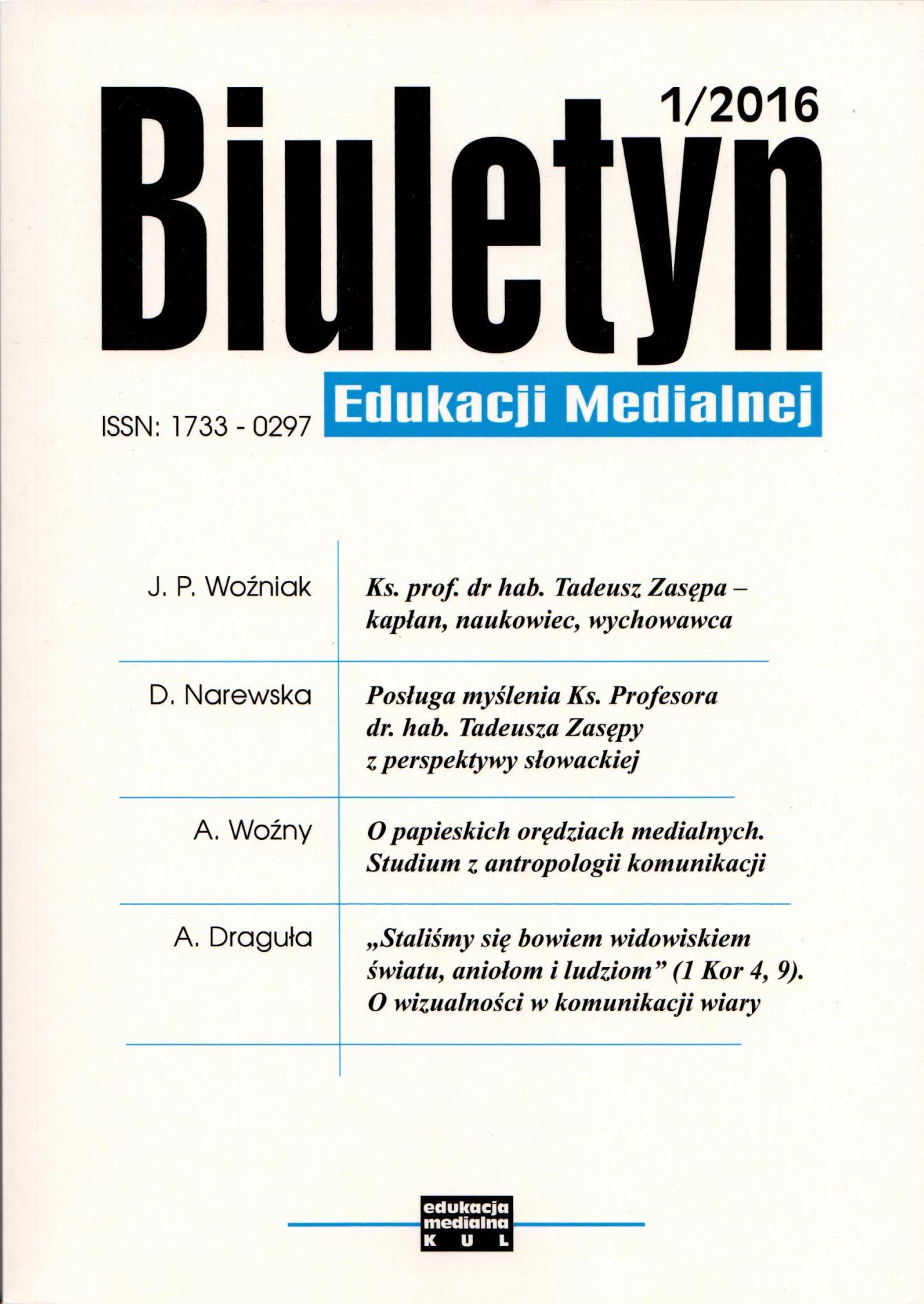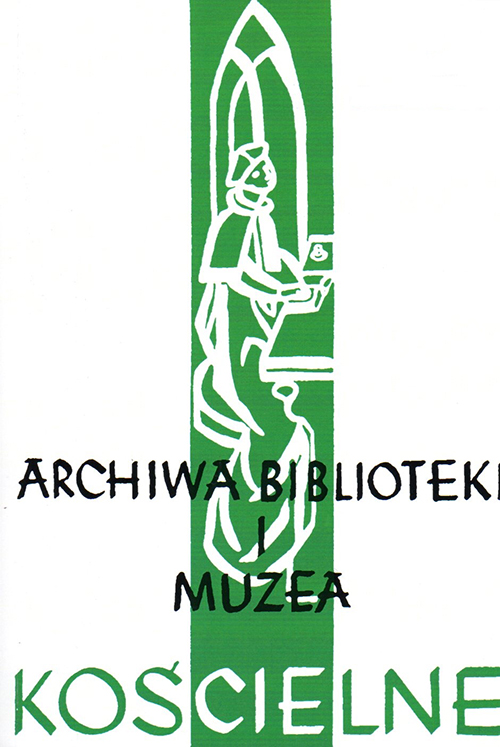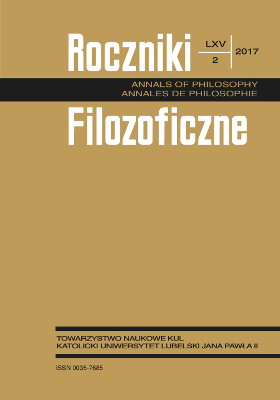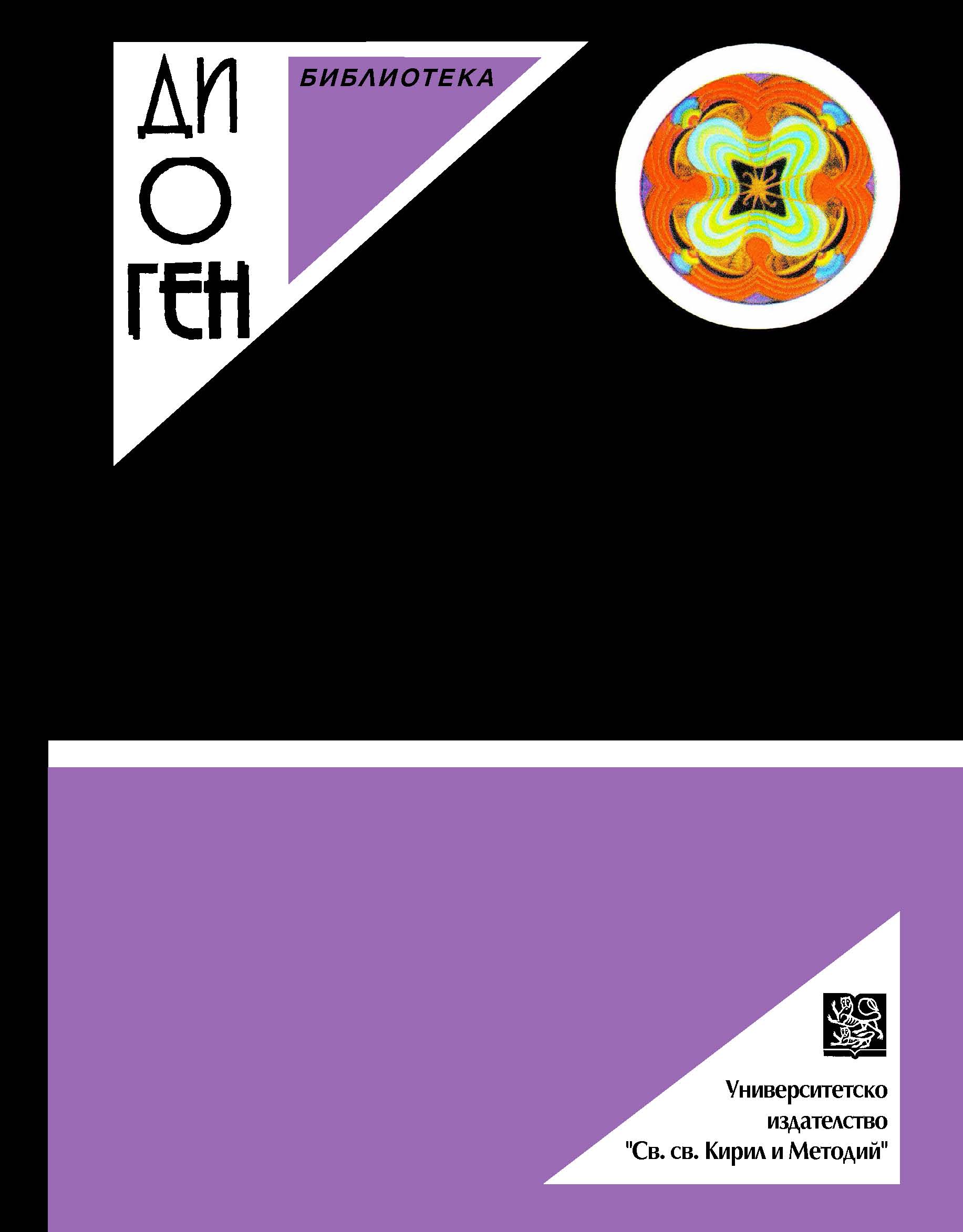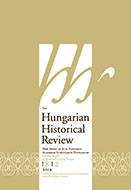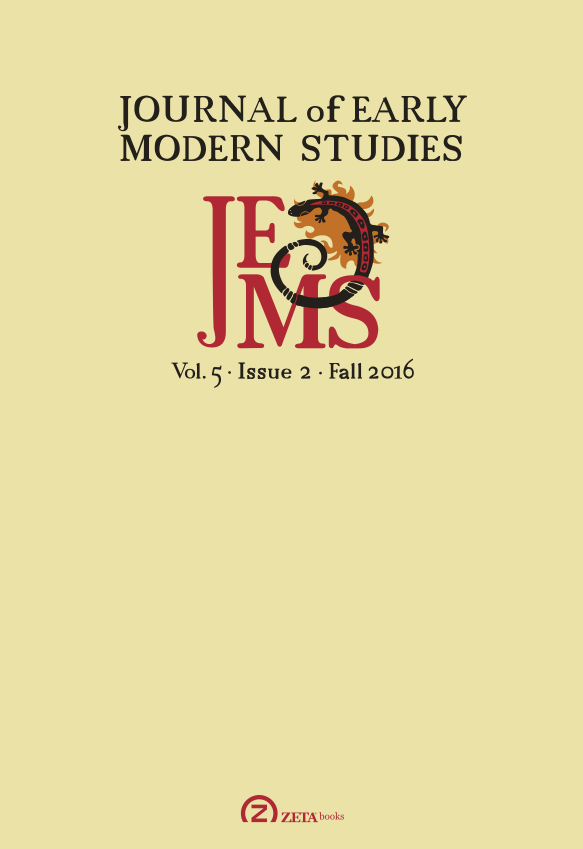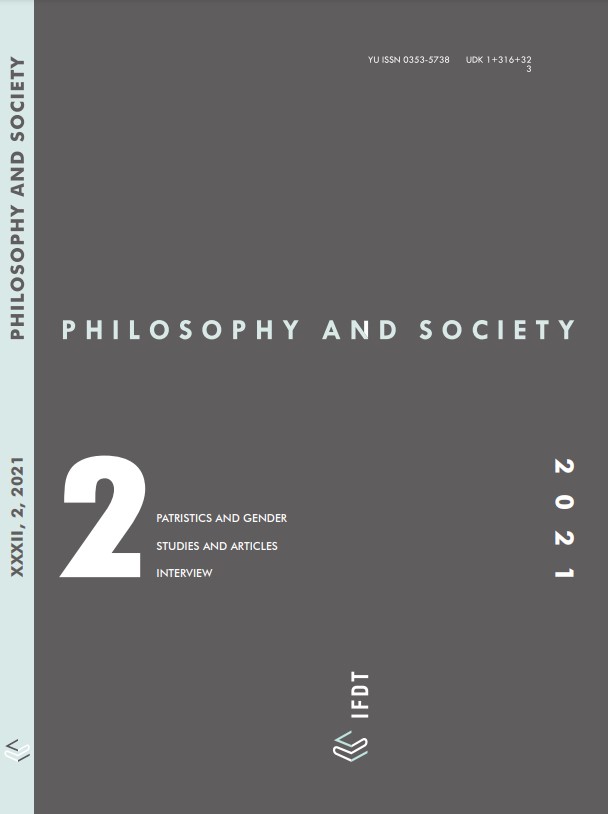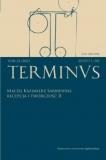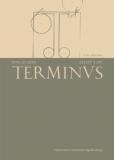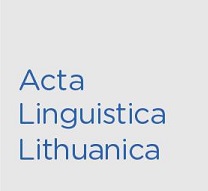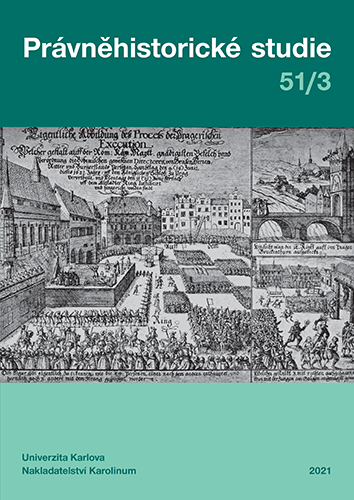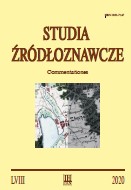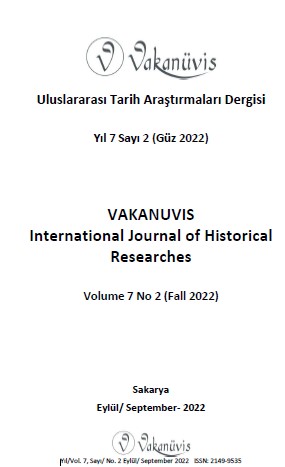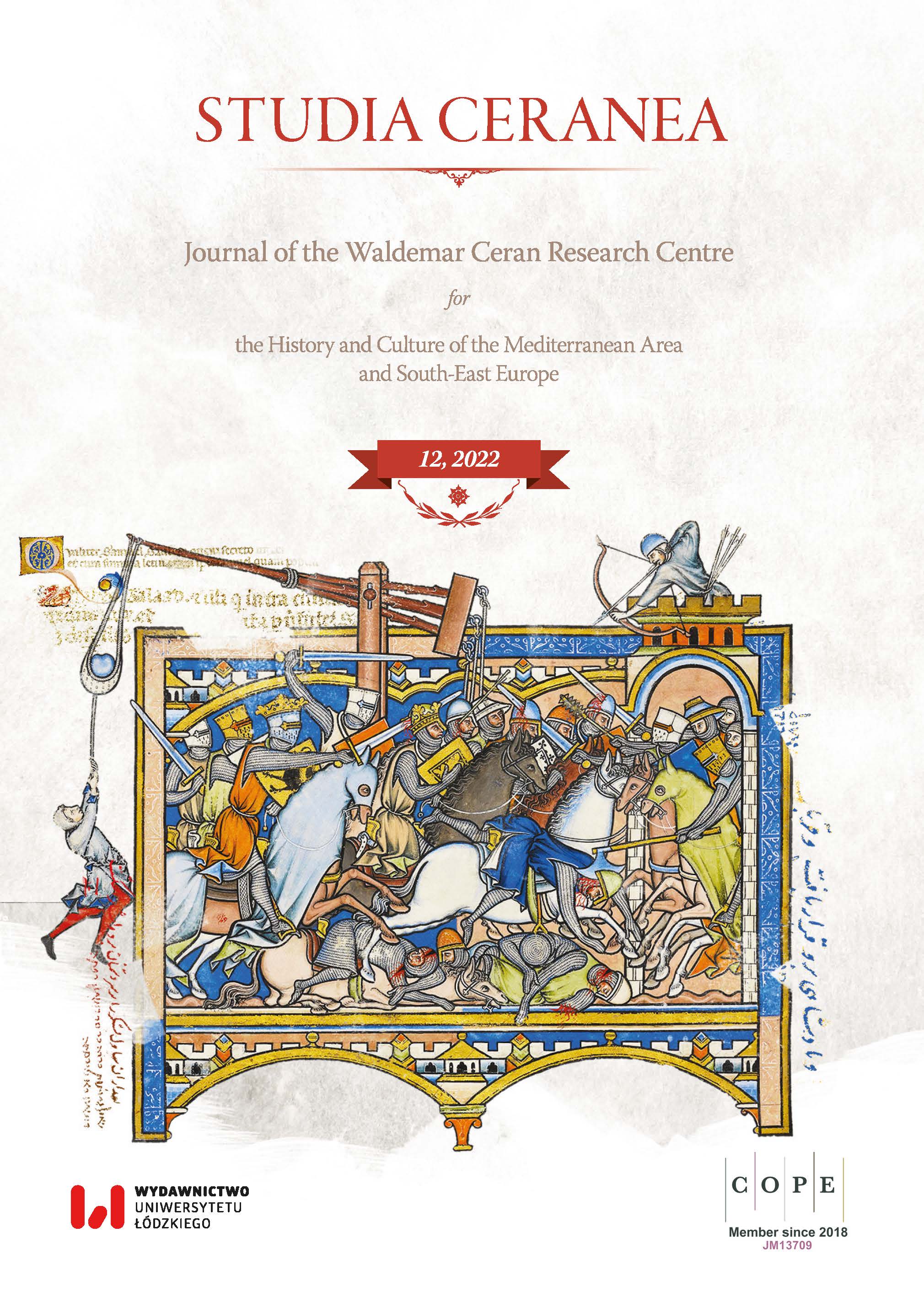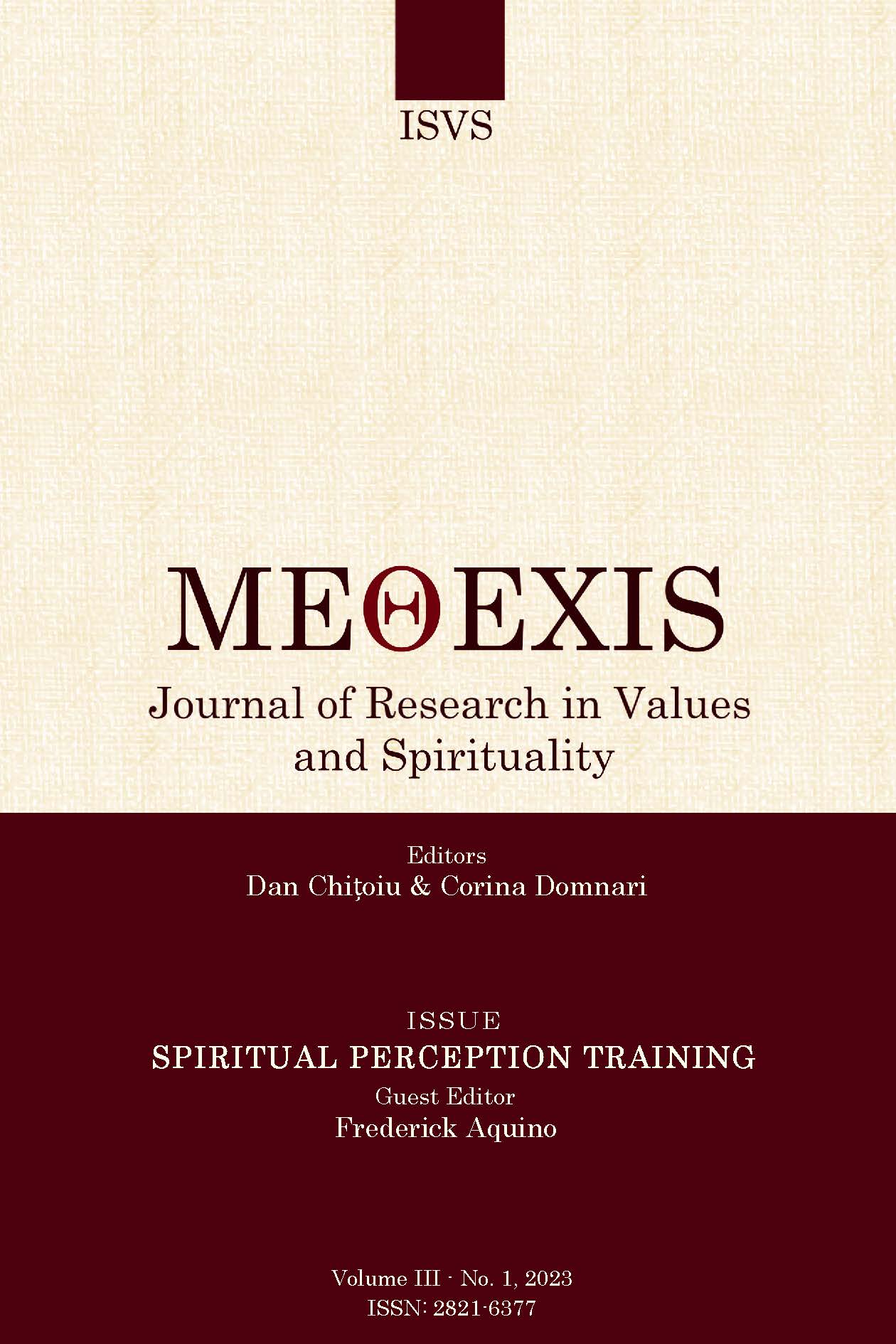Siedemnastowieczne inwentarze biblioteczne klasztorów dominikańskich w Gidlach, Łęczycy, Łowiczu, Piotrkowie Trybunalskim i Sieradzu
Author(s): Tomasz Stolarczyk / Language(s): Polish
/ Issue: 106/2016
Keywords: library inventories; the Dominican Order; 17th century; Gidle; Łowicz; Piotrków Trybunalski; Sieradz
The following article presents the 17th-century library inventories from the Dominican monasteries in Gidle, Łęczyca, Łowicz, Piotrków Trybunalski and Sieradz. The inventories of the monasteries from Łęczyca, Łowicz, Piotrków and Sieradz are part of the chartularies of the aforementioned monasteries, held today in the Archives of the Polish Province of the Dominicans in Krakow, while the inventory of the monastery in Gidle is part of a ledger of that monastery and is in the Diocesan Archive of Włocławek. The inventories of the Order of Preachers completely ignore the publishing addresses of the prints, sometimes they include the author's surname without his first name, or just the other way round; sometimes there is the author’s full name without the book title; if the title is included, it is always shortened and without the author’s name. In some cases only the nickname of the writer is mentioned. The inventories of the monasteries in Gidle, Łęczyca, Sieradz, Łowicz and older register of the Piotrków monastery do not have the numbering of the individual entries, only almost every entry begins with a new line. Such numbering was added to the newer inventory of the monastery in Piotrków Trybunalski. The older inventories of Łęczyca and Łowicz did not use any criterion for presenting the books (so it was probably the way the books were arranged on the shelves of the library). However, in the Piotrków inventory and both inventories of Sieradz, the books were divided according to the print format: in folio, quartq, octavo, sedecimo and duodecimo. The books within the formats were arranged randomly: the works of the same author were mentioned in several places. The newer inventories of these monasteries were better organized, as the works held in Łęczyca, Łowicz and Piotrków were also divided according to the print format. In the inventories of all these monasteries the books written by the same author were generally put in one place (although it was not always so), and there was also a tendency to put the works of the same type together: Bibliae and comments on the Bible, concordances, Summae, Sermones, Contiones, Postillae and Homiliae, history, legends of the saints, the books by the Fathers of the Church, liturgics, works of dogmatic, moral and speculative theology, polemics, dictionaries, works of philosophy and rhetoric, ancient authors. Moreover, the newer inventory of Łowicz includes Libri seculares, although among them are also church writings; and the inventory of Piotrków contains Libri oratorum. Almost all the inventories, except the Gidle one have the information about the manuscripts and damage of volumes. The inventories differ significantly in the number of works they include.
More...
